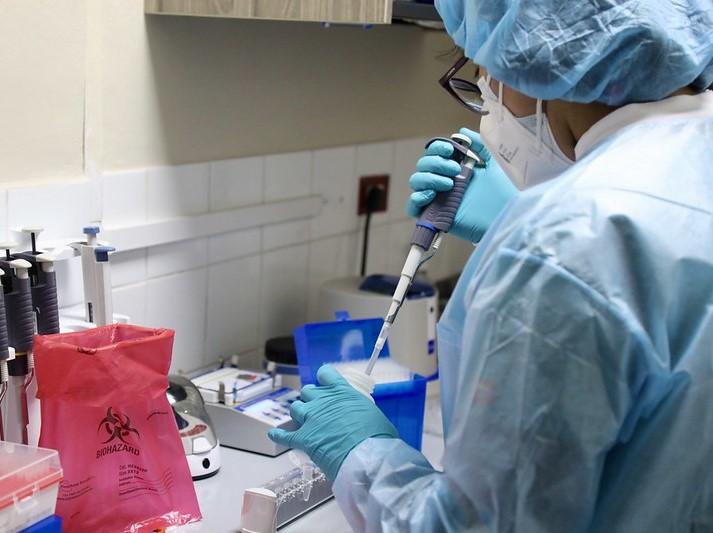Two more countries—Sweden and Canada—reported their first BA.2.86 sequences to databases, as Denmark and the United Kingdom reported more detections and as New York City reported the virus in wastewater samples.
Scientists and health officials are closely tracking developments with the heavily mutated BA.2.86 virus, due to concerns that it may evade immunity from earlier infection or vaccination or have other traits that would make it more difficult to treat or control.
And as the pace of BA.2.86 sequence reporting picks up, the UK Health Security Agency (HSA) said today that it would push forward the rollout of COVID and flu vaccines for the most vulnerable groups.
New detections in multiple nations
Scientists who specialize in tracking SARS-CoV-2 variants yesterday noted that four BA.2.86 sequences have been uploaded from Sweden, with collection dates ranging from August 7 to August 19. Stockholm and Vasternorrland County are among the locations. Researchers are using the sequences and their sample dates to estimate how quickly the new variant is spreading.
Meanwhile, Canada reported its first BA.2.86 sequence, which involves a person from British Columbia who had not traveled outside the province.
Elsewhere, countries that have already reported BA.2.86 sequences noted additional ones. Denmark's Statens Serum Institute today reported six more sequences, with samples collected from August 10 to August 21.
And in an update on SARS-CoV-2 genome sequencing and growth rates, the UK HSA today said that, for the week ending August 28, two UK sequences have been classified as BA.2.86. The country reported its first sequence on August 18, which involved a patient from London. It said for now BA.2.86 doesn't yet meet the criteria to be tracked separately and is included under its BA.2 parent lineage counts.
The latest unofficial count is 24 BA.2.86 sequences from 8 countries.
Wastewater positive in New York City
In the United States, New York City's health commissioner Ashwin Vasan, MD, PhD, announced yesterday that the BA.2.86 virus has been detected in the city's sewage, but not yet in a specimen from a local resident.
"Based on the degree of mutations—while vaccinated people continue to be protected against serious illness—this variant may be more likely to evade immunity that has developed from vaccination or prior infection than earlier variants," he said, adding that there's no indication the virus causes more severe illness.
Marc Johnson, PhD, a molecular virologist at the University of Missouri, said on Twitter that the initial Delta variant detections were sporadic in March 2021 before its spread picked up steam. "Not every outbreak starts hot, sometimes it has to reach critical mass," he said, noting that it's too soon to predict what BA.2.86 will do.
UK announces earlier rollout of fall vaccines
Out of caution while scientists gauge the threat from BA.2.86, the UK's HSA today said it will start COVID and flu vaccinations earlier than planned, starting on September 11 with long-term care residents and those at highest risk to receive them first.
Though BA.2.86 isn't classified as a variant of concern, the HSA said speeding up the autumn vaccine program will deliver greater protection, support those at highest risk, and reduce the impact on the National Health Service.
In the HSA statement, Jenny Harries, MD, the group's chief executive, said there is limited information about BA.2.86, so the potential impact is hard to estimate. "As with all emergent and circulating COVID-19 variants--both in the UK and internationally--we will continue to monitor BA.2.86 and to advise government and the public as we learn more. In the meantime, please come forward for the vaccine when you are called."






















